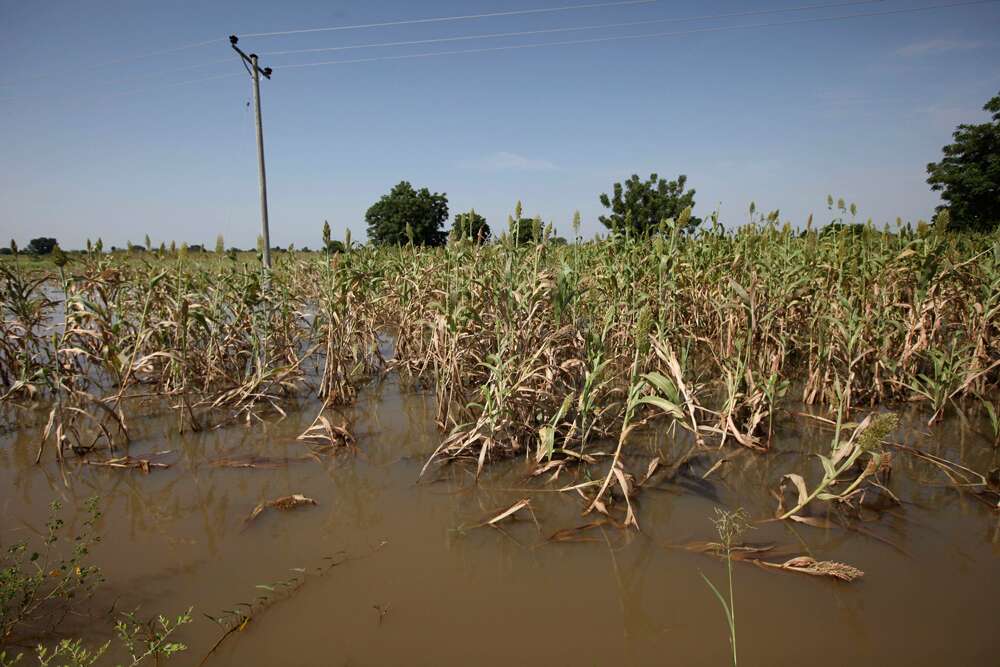The Nigeria Meteorological Agency (NiMET), in its forecast published in January had mentioned the possible flooding this year. “2023 will witness an early onset of rainfall accompanied by flooding”, the agency said. Similarly, in February 2023, the Federal Government of Nigeria, through the Federal Ministry of Water Resources said, at the presentation of the General Highlights of the 2023 Annual Flood Outlook (AFO), put together by the Nigeria Hydrological Services Agency in the Federal Capital Territory, Abuja that 35 states, including the Federal Capital Territory, are at moderate or high risk of flooding.
Recall that in the year 2022, great losses were recorded by farmers, who were victims of incessant flooding that the country witnessed. Loss of grains, capital, farmlands, and even harvests, were recorded nationwide. This contributed to the hike in food prices that was witnessed. According to the National Agricultural Extension and Research Liaison Services (NAERLS) report, Nigeria recorded about N700 billion loss to flood incidences in 2022. In a similar vein, farmers called on the government to hugely compensate them for losses incurred during the last farming season, but nothing was done, leaving them and the consumers to bear the brunt.
Series of warnings have been put out to farmers to be careful in their planting activities this year, to avoid a repeat of the 2022 flood effects. However, even though farmers have complied with this warnings and are contributing their quota to ensuring a flooding season that would not affect food production, the big question is, what is the government doing? For a country where predictions of heavy flooding have been made since the second month of the year, one would expect that tangible actions must have been taken to avoid a repeat, but what has been done? In a publication by FarmingFarmersFarms in May 2023, farmers under the aegis of the Association of Yam Farmers, Processors, and Marketers, lamented the alleged government’s complacency and poor response to warnings on flooding, especially as it affects food production in Nigeria.
Recently, an Abuja community, Trademore Estate, along the Lugbe-Airport road, witnessed a heavy flooding, which according to media reports, submerged no lesser than 116 buildings, and an eventual loss of life and properties. If a community in the Federal Capital Territory can be a victim of predicted flooding, what chances do communities in other places have? This is only a confirmation that there are no indications that proactive measures were being taken by the government to mitigate the further impact of the flood. This is, therefore, a call to the government, to as a matter of urgency, begin to take steps that would yield visible results to mitigate the effects of flooding in Nigeria communities, particularly the agricultural sector, and its eventual effect on food production in the country.


